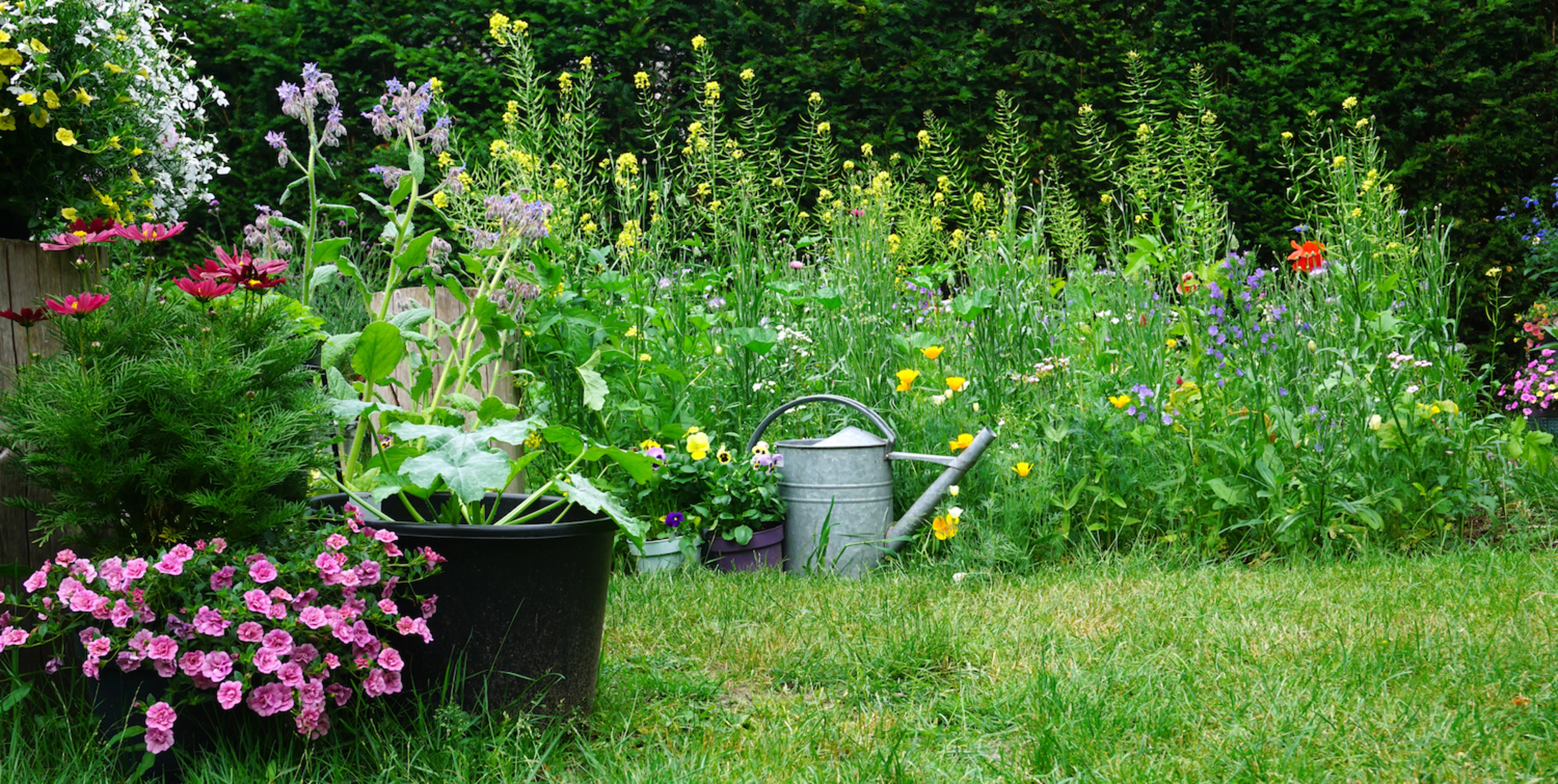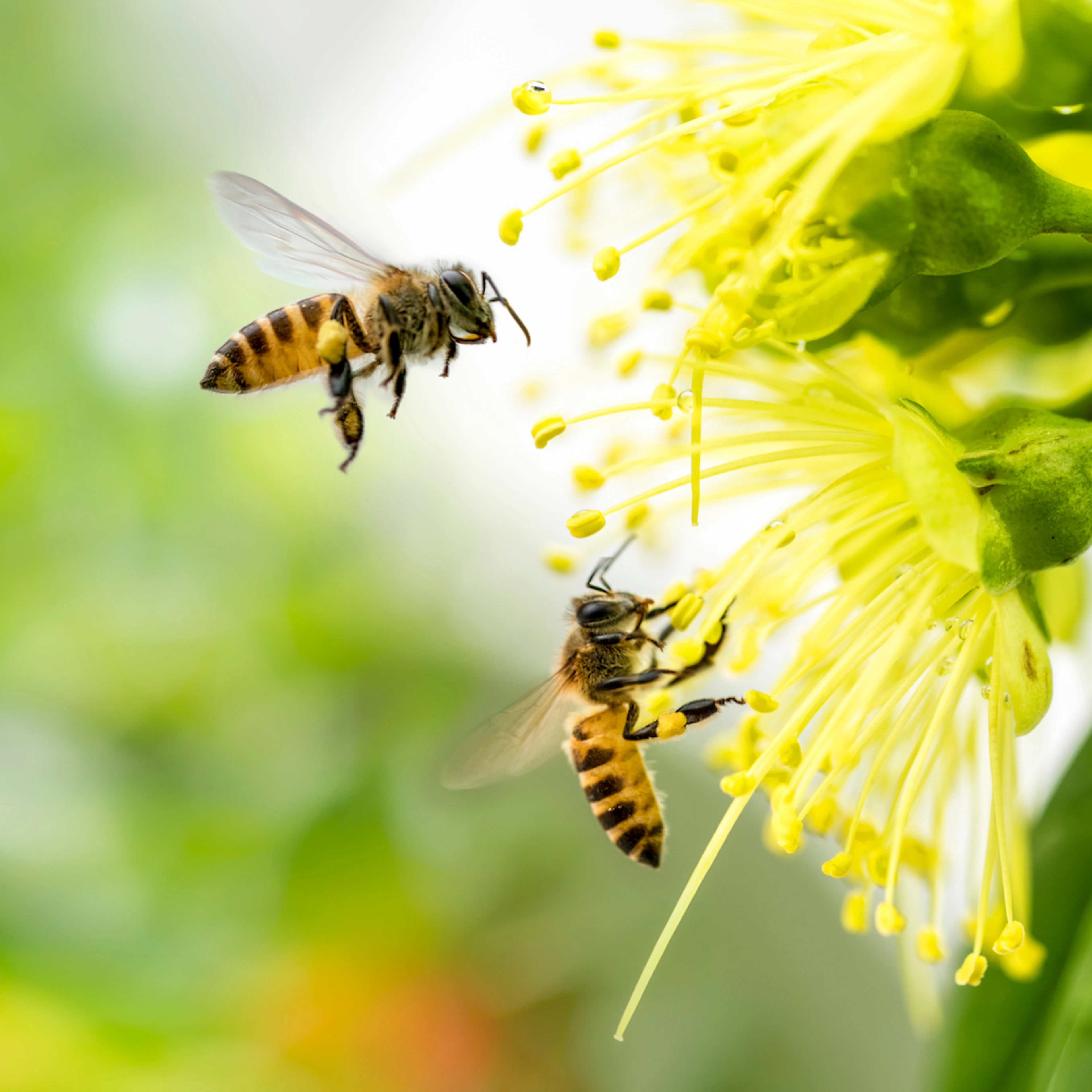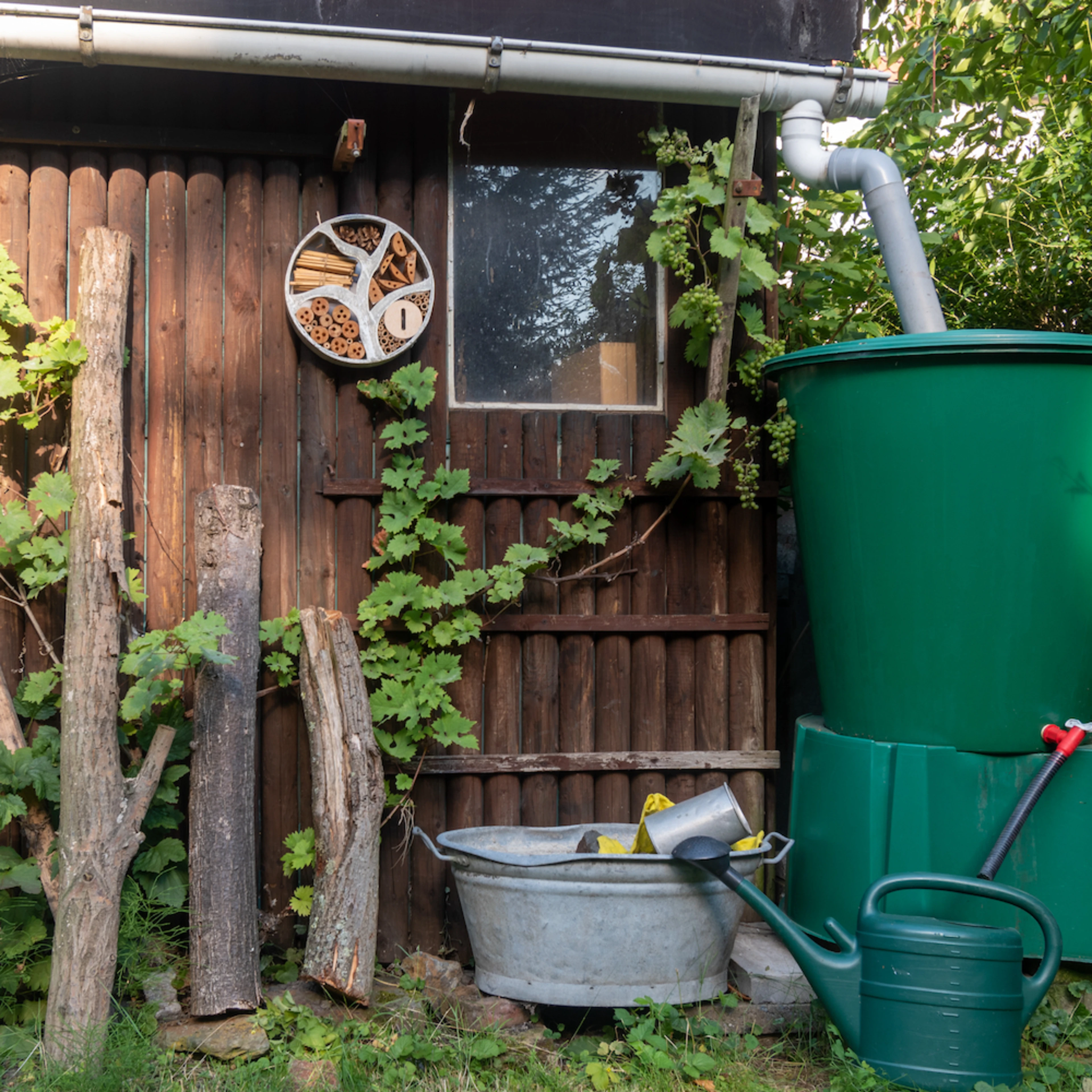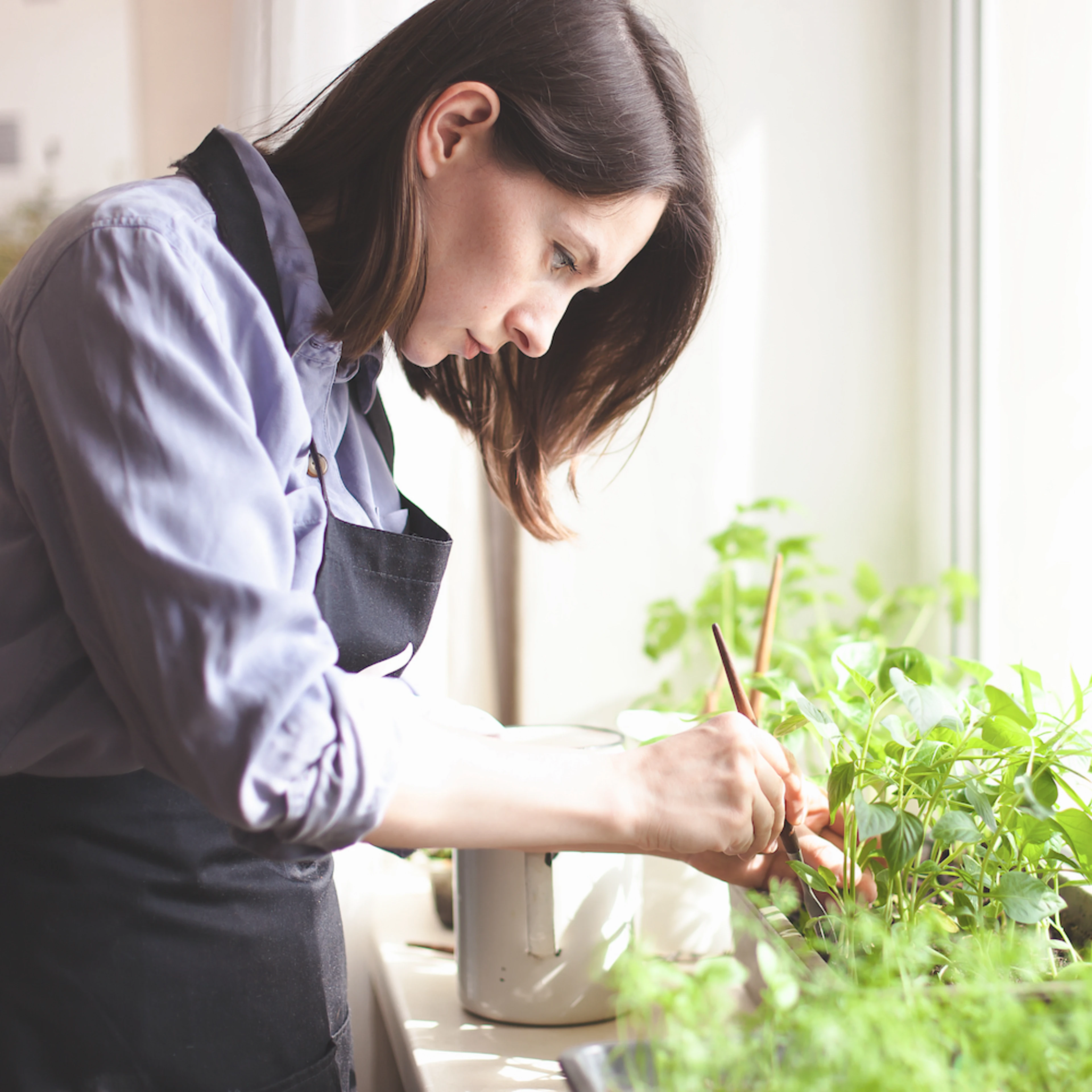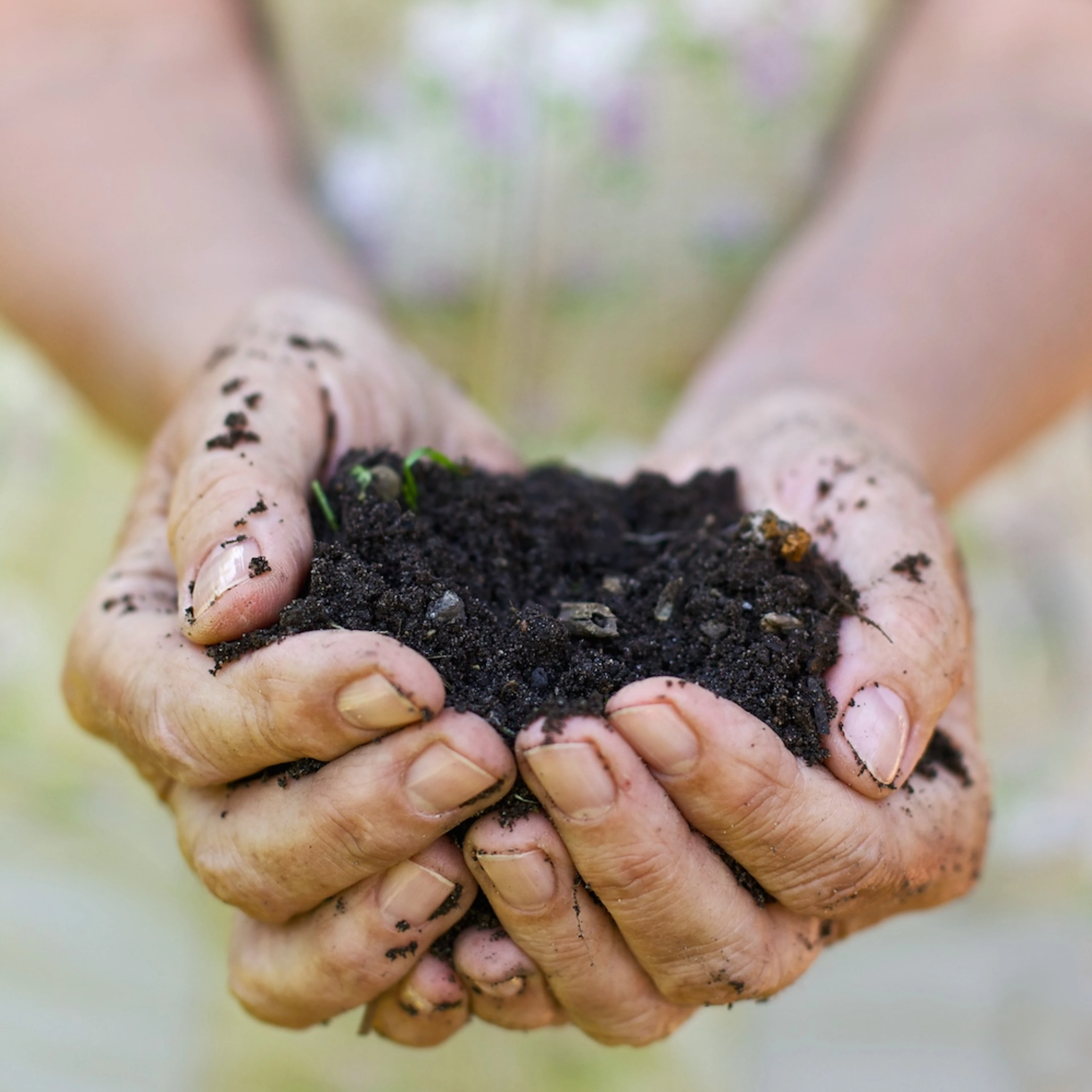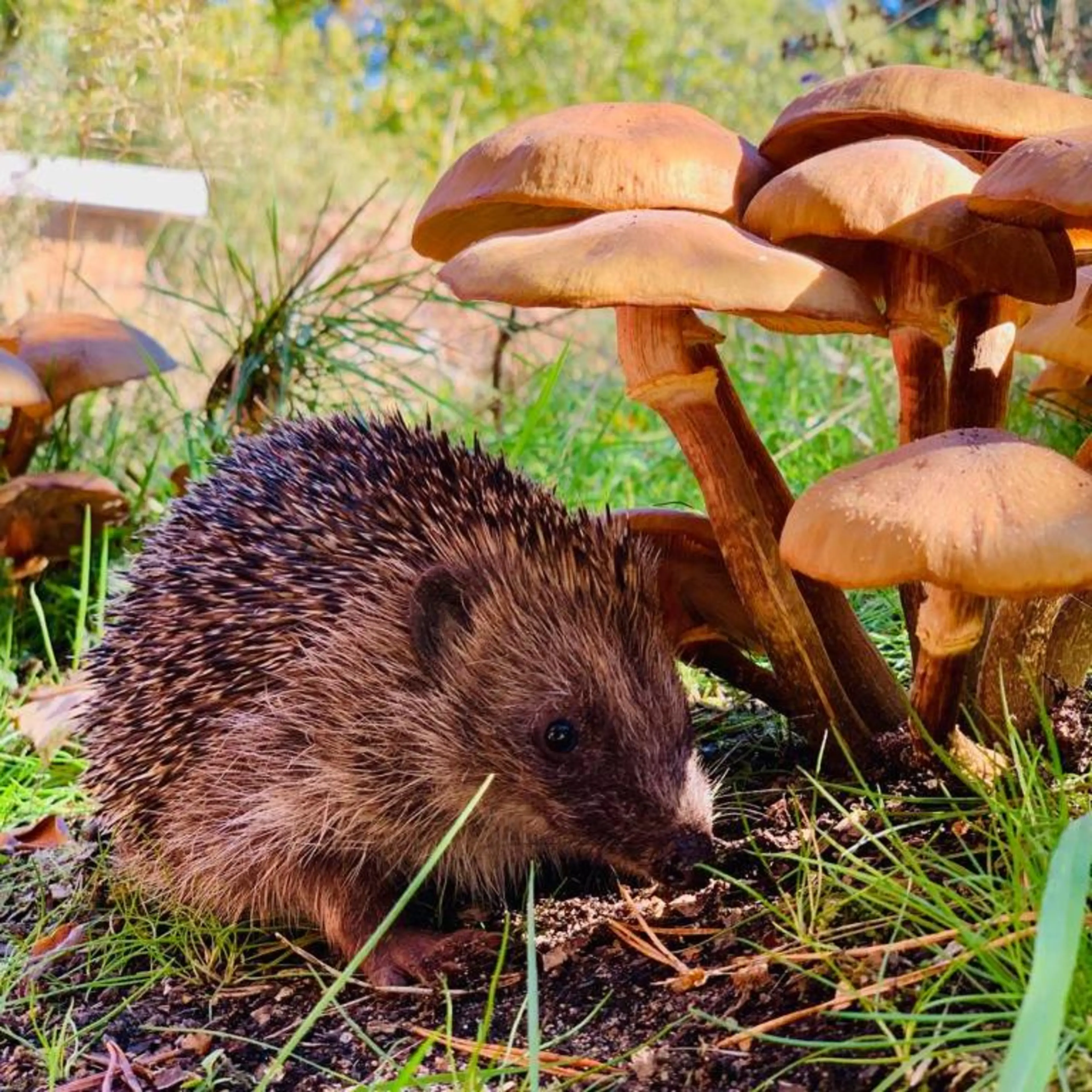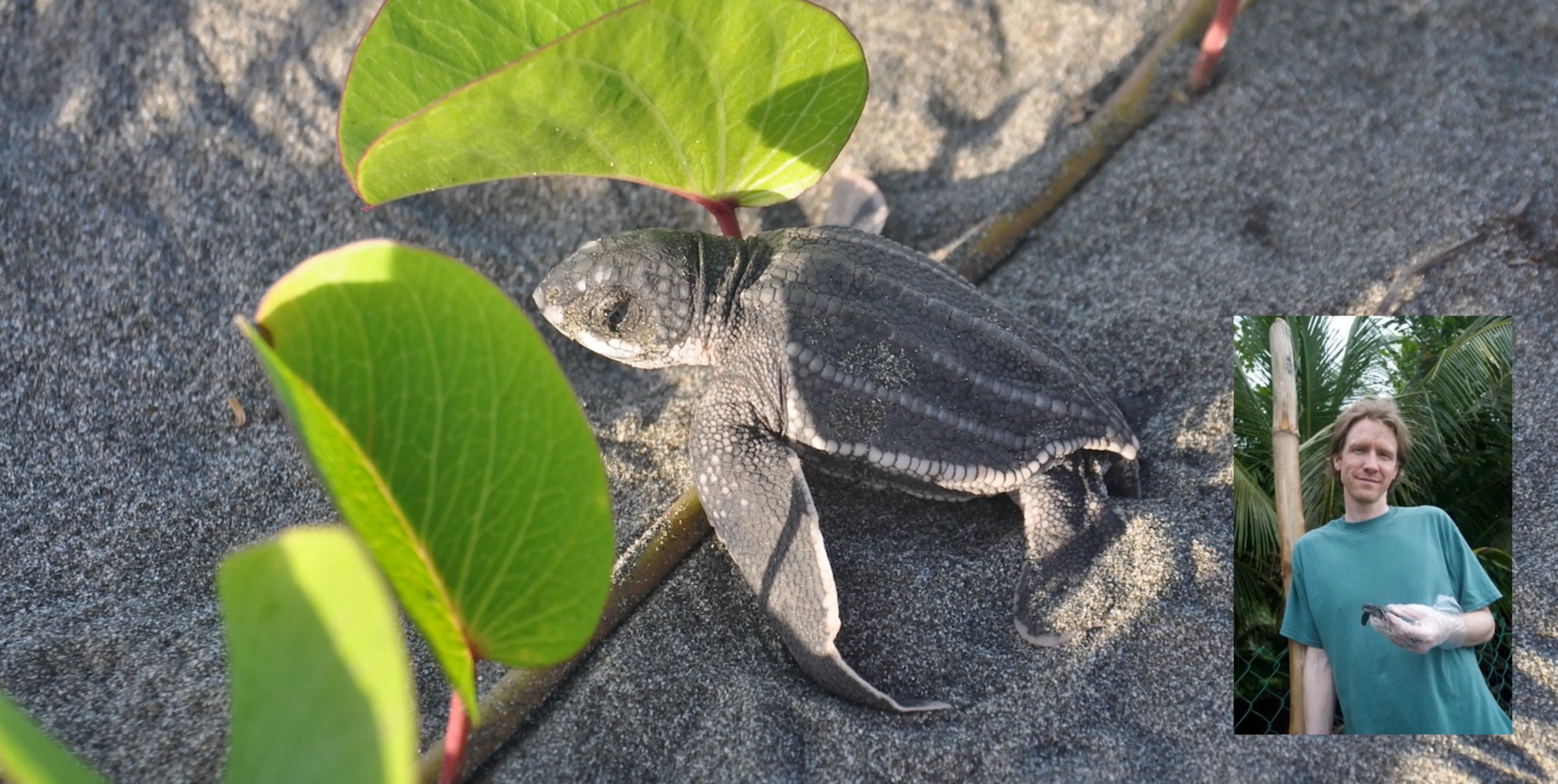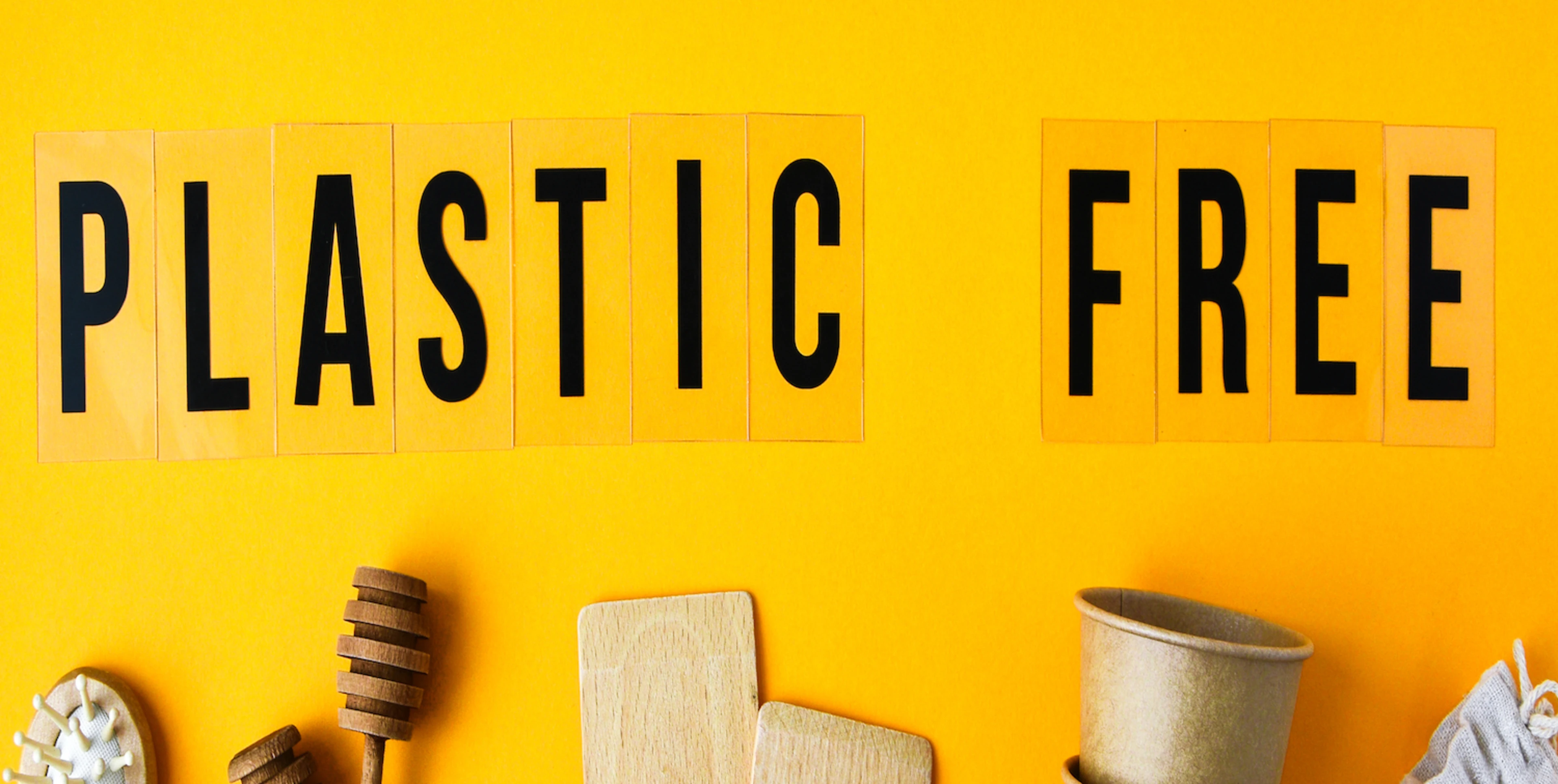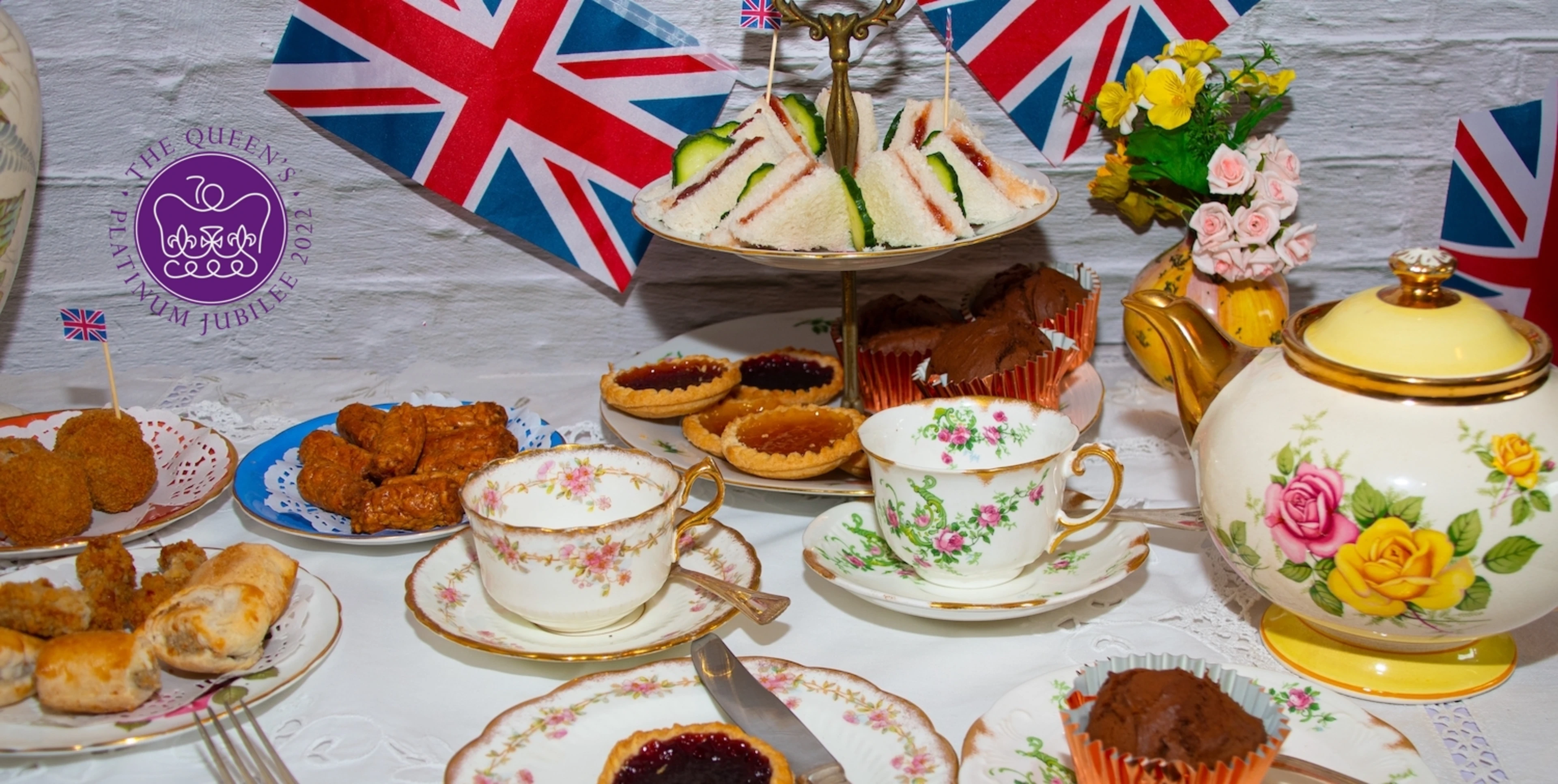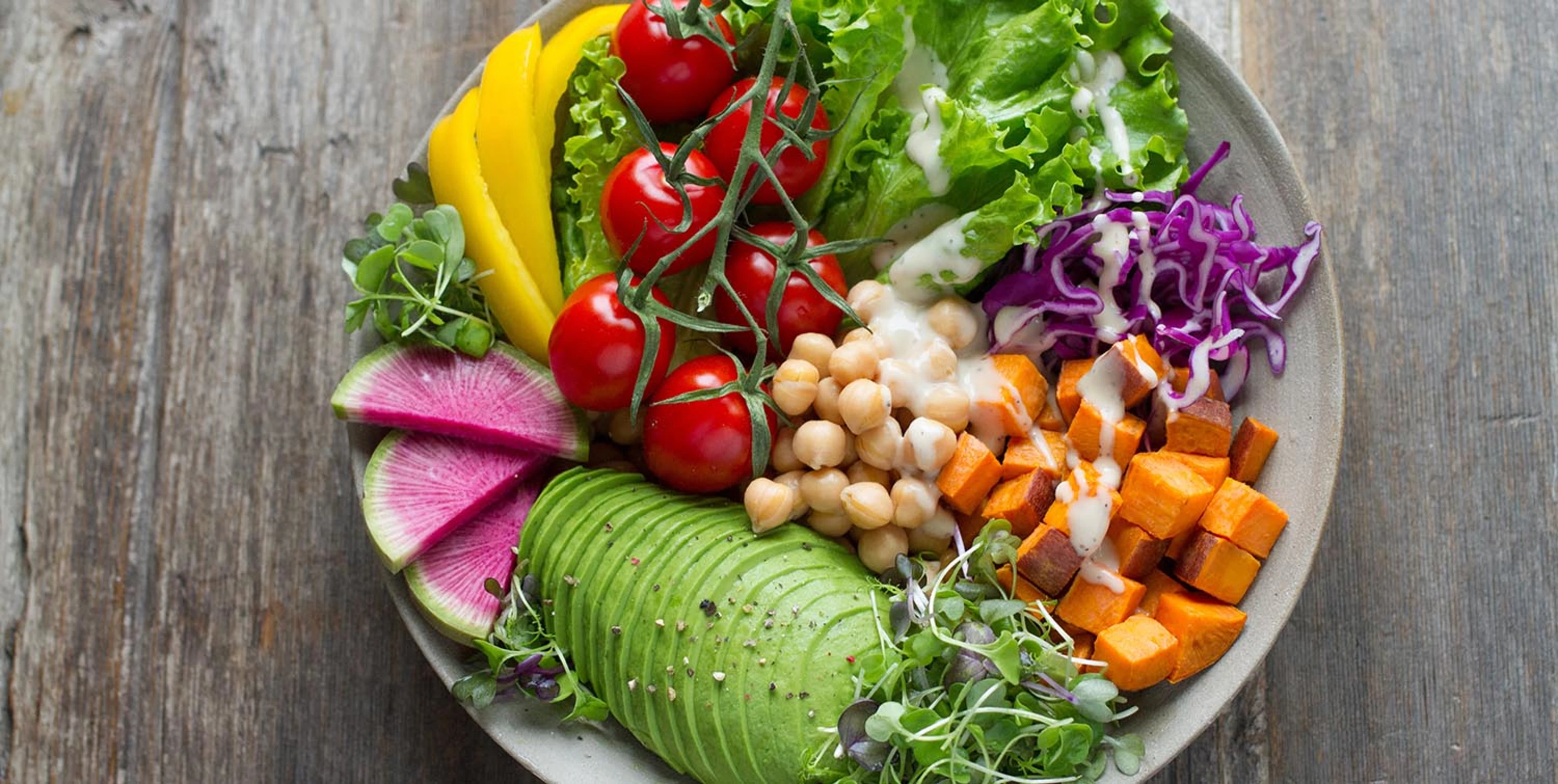As the Chelsea Flower Show bursts into flowery life today, we highlight some easy fixes to making your garden more eco- and wildlife-friendly
1. Ditch the poison
Pesticides don’t just kill pests; by spraying your plants with poisons, you’re allowing them to enter the food chain. Slug pellets, for example, might be eaten by anything from hedgehogs to birds. Slow worms and toads eat them too, so even if the larger animals don’t consume pellets directly, the secondary poisoning builds up. Toxins can also enter the water cycle through run-off, affecting far more than your small patch. Keeping your garden pesticide-free will also allow natural predators to swoop in and deal with them, increasing the wildlife that visits your green spaces. And if you have small children or pets, keeping poisons out of reach can only be a good thing.
2. Go wild
Learn to love your weeds! It’s #NoMowMay this month, but it’s a great idea to let a corner of your garden grow wild all year around. That means letting grass grow, weeds flourish and the ecosystem take care of itself. This encourages biodiversity and allows wildlife to thrive. You’ll soon see that those pesky weeds actually create beautiful flowers which attract butterflies, and in turn bring in birds and other wildlife.
3. Be water savvy
Collecting rainwater is a no-brainer. Not only is it a simple way of avoiding water waste, but, once installed, it also provides you with completely free water for your garden.
4. Sow your own
Did you know that buying new plants has a much higher footprint than growing from cuttings or seeds? That’s for all sorts of reasons, from the heat lamps, water and fertiliser used in production, to the carbon expended when moving plants around the country – not to mention those little discardable plastic pots. Growing from cuttings or seeds, on the other hand, involves no plastic, chemical or carbon usage, and if you use homemade compost, then even better.
5. Go peat-free
This one’s really simple. Peat bogs are one of the planet’s most efficient carbon sinks, and have held carbon for tens of thousands of years. Removing peat for compost releases harmful greenhouse gases, contributing to climate change. Always check that your compost is peat-free – it will be clearly labelled, so you can’t go wrong.
6. Let hedgehogs roam
Hedgehogs are one of the UK’s most vulnerable mammals, and they’re also nature’s natural pesticide, keeping in check slugs and bugs, naturally. Having healthy gardens means having healthy hedgehogs, and an easy way to make them more welcome is by cutting a hole in your fence to allow them access, as they roam about by up to a mile a night. For more information on how to help hedgehogs, check out our project page.
7. Dig for victory…
…and plant for pollinators! Bees and other wild pollinators are in decline, so we can help by selecting year-round flowering pollinators to give our buzzing friends a helping hand. The RHS has a useful list of what to go for.
Increase your impact, sign up for the Wilderness plan now.
